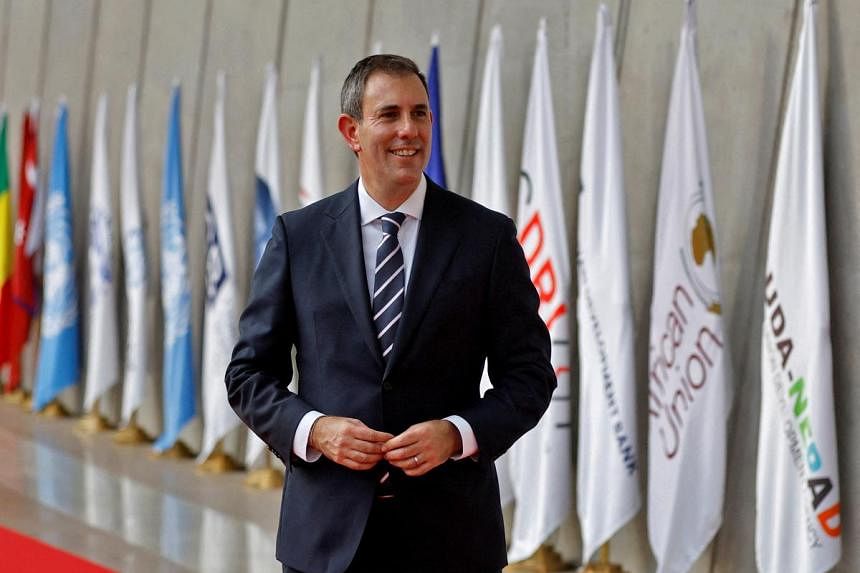SYDNEY – Australian Treasurer Jim Chalmers has unveiled a new regulatory framework that will make it easier for banks and pension funds to assess the compliance requirements of upcoming regulatory changes, part of a slew of measures to address productivity.
Similar to the British system, a financial sector “grid” will help financial services businesses engage with the government and regulators more effectively and allow regulators to avoid duplication, Mr Chalmers said in a statement on March 11.
Australia also introduced a suite of measures – from streamlining environmental approvals for mining projects to abolishing import tariffs on a range of consumer goods – aimed at modernising its economy, cutting “unnecessary costs” and boosting investment, Mr Chalmers told a conference in Sydney on March 11.
“We’ve seen a similar initiative in the United Kingdom deliver productivity gains and more innovation, and now the same will be able to be achieved here in Australia,” Australian Banking Association chief executive officer Anna Bligh said in a statement.
“Better coordination of regulation will provide more certainty for banks and ensure the sector continues to deliver for customers and the economy,” she said.
The grid will be a rolling, 24-month programme of regulatory initiatives that will materially impact the nation’s financial sector, spanning pensions, payments, banking and credit.
As part of the government’s wider reforms, Mr Chalmers said he will scrap almost 500 “nuisance” tariffs on goods such as fridge-freezers, toothbrushes, electric blankets and feminine sanitary products from July 1.
This will account for 14 per cent of Australia’s total tariffs, Mr Chalmers said in the speech, adding that companies will save more than A$30 million (S$26.4 million) in compliance costs a year.
“We are showcasing the disciplined and methodical approach required to rebuild the competitiveness and dynamism of Australia’s economy,” he said. “So that we are maximising, not just managing, the opportunities that the next decade presents.”
Environmental changes
The government is also planning to overhaul the Petroleum Resources Rent Tax and the Environmental Protection and Biodiversity Conservation process, Mr Chalmers said.
The updated environmental process will “accelerate approvals”, Mr Chalmers said, describing the changes as “a practical way to clarify what our national environmental standards are and make it faster and easier to assess whether a project meets them”.
On the tariff measures, he said: “This is the biggest unilateral tariff reform in at least two decades.
“By abolishing hundreds of import tariffs, we’ll reduce red tape, boost productivity, ease the burden on small businesses and help to cut the cost of doing business.”
Mr Chalmers also announced a desire to simplify the legal pathways to mergers. “We understand that the current merger system is too slow and that these delays are costly for business,” he said. “We want to take a balanced approach to merger clearance. One that reduces costs for business, promotes competition, protects consumers and shortens approval times while bringing us in line with our international peers.” BLOOMBERG

